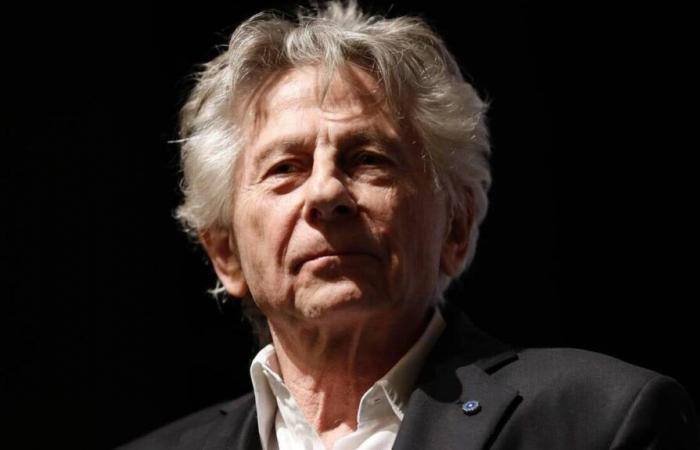The Paris Court of Appeal confirmed this Wednesday, December 4, 2024 the acquittal at first instance of Roman Polanski, accused of defamation by Charlotte Lewis. The 91-year-old director, accused of sexual assault and rape by several women, including the British actress, was acquitted last May by the Paris criminal court even though the actress had filed a defamation complaint against comments concerning her. , held by the filmmaker.
Charlotte Lewis then appealed, not the prosecution. This means that Roman Polanski’s acquittal is final but that the court of appeal could still order the director in civil court to pay damages. In this case, justice was not to determine whether or not the filmmaker had violated the actress but only whether or not he had made abusive use of his freedom of expression in an interview published by Paris Match in December 2019, recallsAFP.
No fact likely to harm the honor and consideration of the civil party
Questioned in this article about the accusations against him, the director of Rosemary’s Baby replied: “The first quality of a good liar is an excellent memory. Charlotte Lewis is always mentioned in the list of my accusers without ever pointing out her contradictions. » In 2010, during a press conference at the Cannes Film Festival, Charlotte Lewis recounted having been attacked during a casting organized at Roman Polanski’s house in Paris in 1983, when she was 16 years old.
Read also: Roman Polanski will be tried in California in 2025 for “rape of a minor”
To illustrate the « contradictions » according to the complainant, Roman Polanski’s lawyers had exhumed during the trial at first instance an interview given by the actress in 1999 to News of the World in which she expressed her admiration for the director who in 1986 gave her a role in his film Pirates. “He fascinated me and I wanted to be his mistress. I probably wanted him more than he wanted me.”she would have confided to the British tabloid. The actress partly contests the words attributed to her by the newspaper.
The Paris Criminal Court considered in its acquittal judgment that there was no evidence in the remarks pursued “no fact likely to harm the honor and consideration of the civil party”.






